Latest Sports Betting News
June 30, 2025 at 1:28 pm GMT+1
 Next Prime Minister Odds: Who Tops Market as Labour Rivals Circle Starmer?
Next Prime Minister Odds: Who Tops Market as Labour Rivals Circle Starmer?
June 30, 2025 at 11:07 am GMT+1
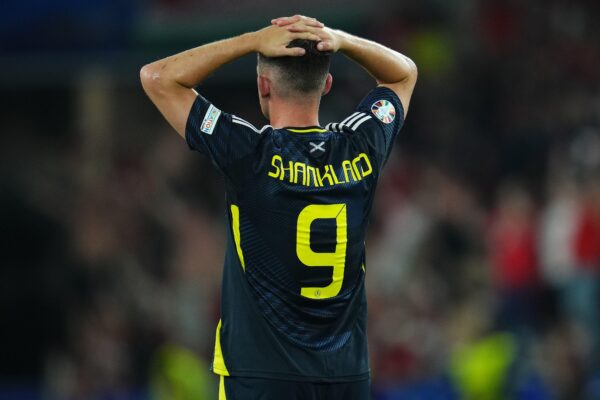 Lawrence Shankland Next Club - Four Realistic Transfer Destinations
Lawrence Shankland Next Club - Four Realistic Transfer Destinations
June 27, 2025 at 10:58 am GMT+1
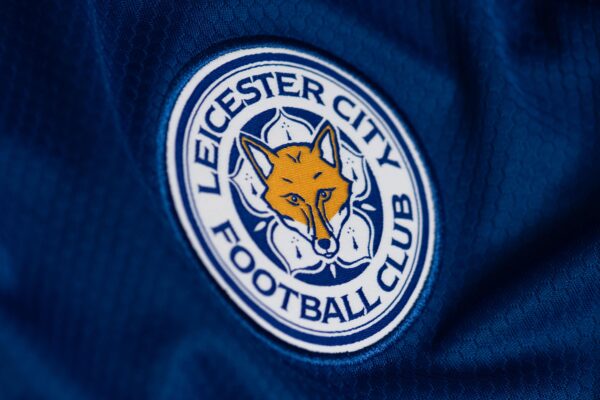 Next Leicester City Manager Odds: Dyche Odds-On Favourite
Next Leicester City Manager Odds: Dyche Odds-On Favourite
June 26, 2025 at 1:59 pm GMT+1
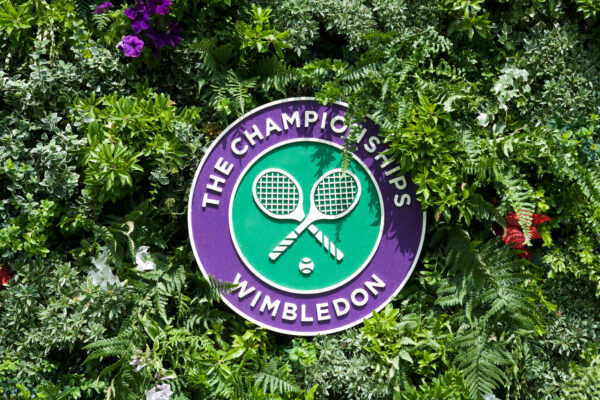 Wimbledon: Navratilova names Sabalenka as favourite - but can she handle the pressure?
Wimbledon: Navratilova names Sabalenka as favourite - but can she handle the pressure?
June 25, 2025 at 10:50 am GMT+1
 Where Next for Ronan Hale? Analysing His Best Transfer Options
Where Next for Ronan Hale? Analysing His Best Transfer Options
June 23, 2025 at 5:10 pm GMT+1
 Wimbledon: Jack Draper falls short at Queen's but secures fourth seed for SW19
Wimbledon: Jack Draper falls short at Queen's but secures fourth seed for SW19
June 23, 2025 at 4:18 pm GMT+1
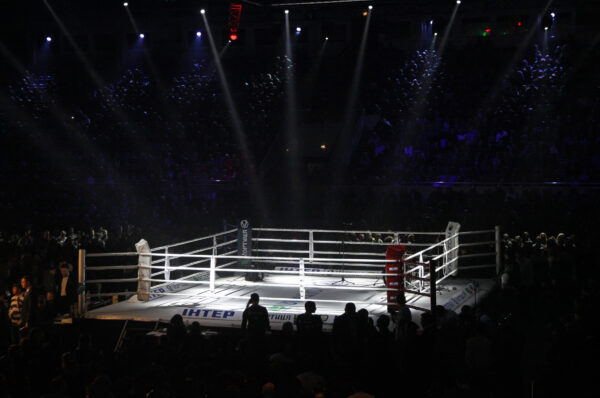 Galal Yafai becomes the latest British fighter to be sunk by a travelling Mexican
Galal Yafai becomes the latest British fighter to be sunk by a travelling Mexican
June 20, 2025 at 11:33 am GMT+1
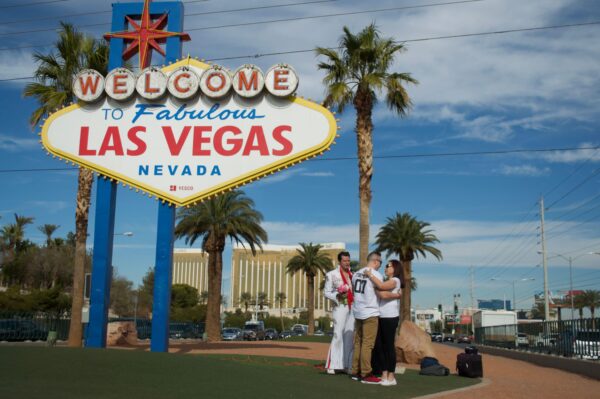 The Most Popular U.S. Casinos to Pop the Question in 2025
The Most Popular U.S. Casinos to Pop the Question in 2025
June 18, 2025 at 1:47 pm GMT+1
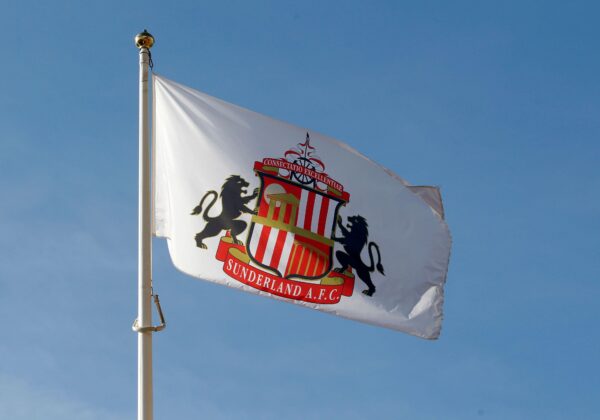 Sunderland Premier League Odds 2025/26: Tough season expected for Black Cats
Sunderland Premier League Odds 2025/26: Tough season expected for Black Cats
June 17, 2025 at 10:29 am GMT+1
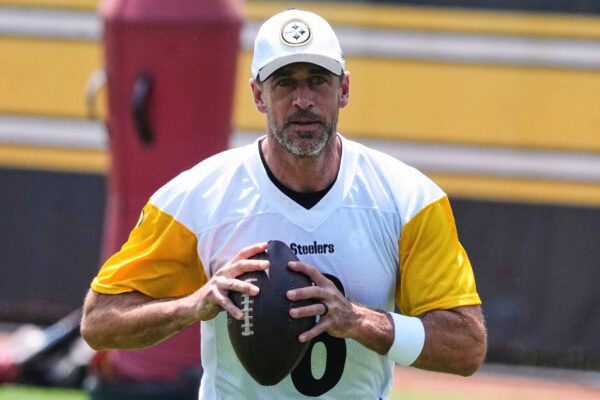 Can Aaron Rodgers Bring Success to the Steelers?
Can Aaron Rodgers Bring Success to the Steelers?
Check out the latest news from the world of sport right here. We’ve got all angles covered, whether you want the latest football news, horse racing, F1, or anything else, so you never miss a beat.
We update the latest odds moves, track upcoming major events and of course, look back on reflect at what we’ve seen, and how that affects the future.





